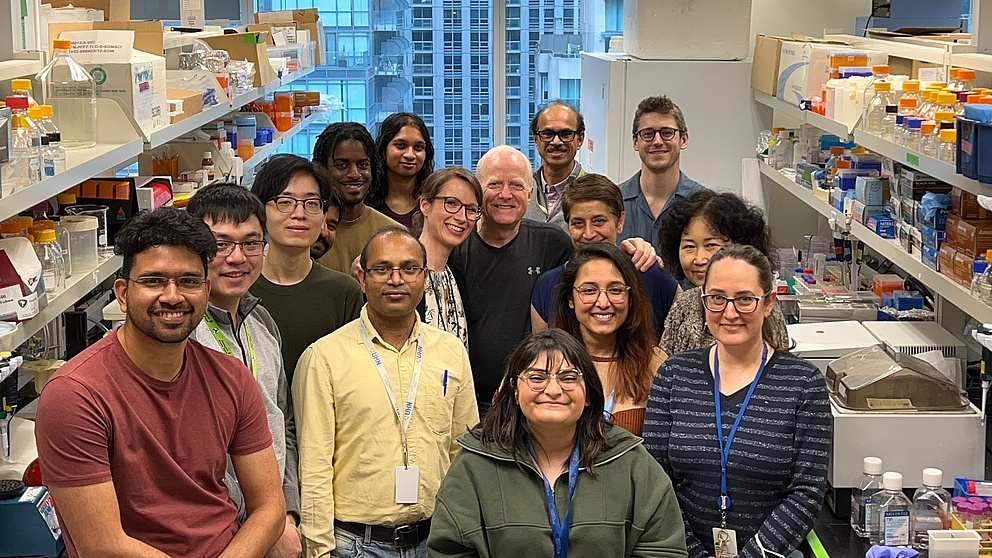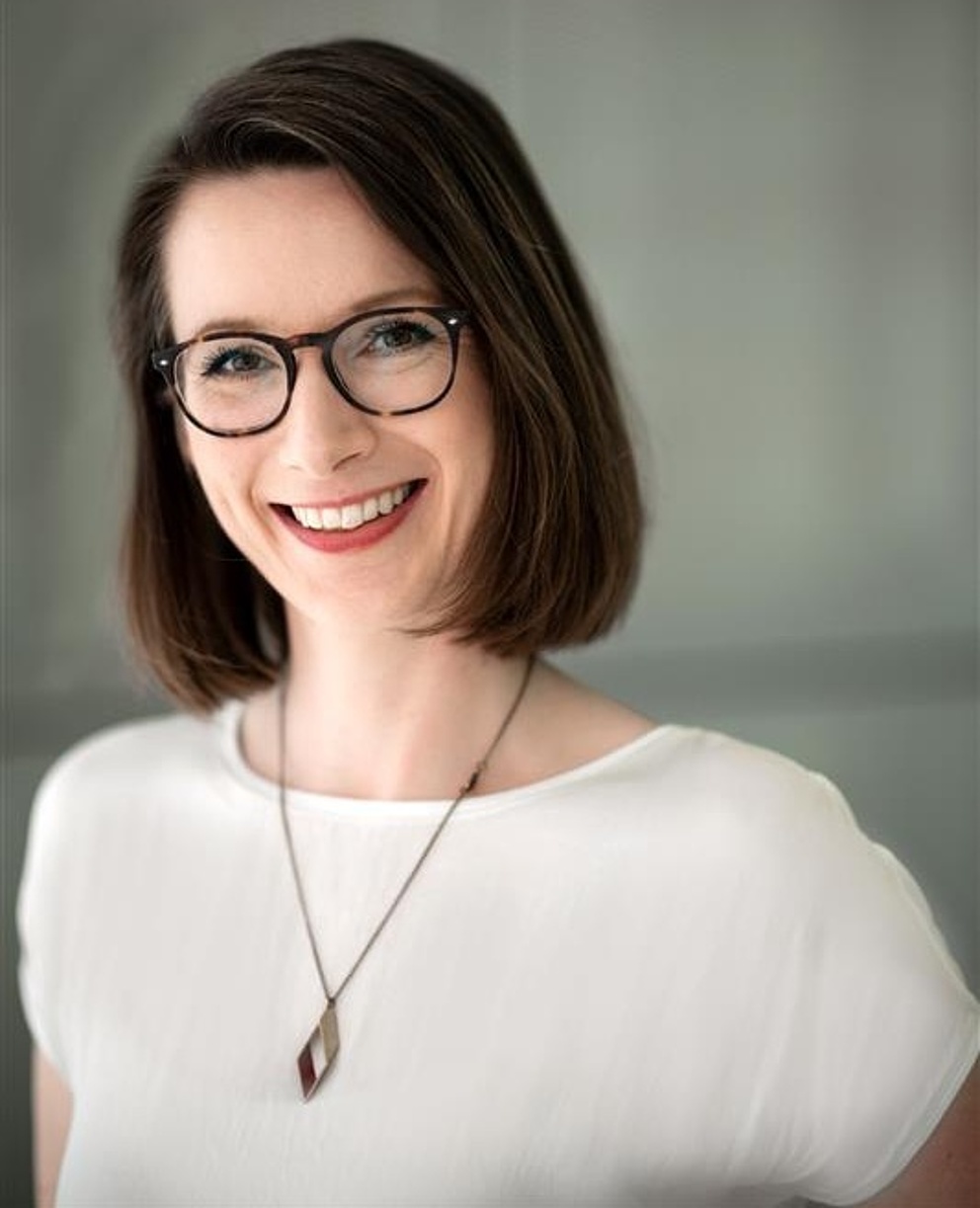Jump to the content
- {{#headlines}}
- {{title}} {{/headlines}}


Contact
Press, Communications and Marketing
Tel.: +49 228 833-144
Fax: +49 228 833-441
presse[at]avh.de
What does it mean when cancer tissue is not chaotic, but behaves in a highly organised fashion? This is the question at the heart of the research conducted by Barbara Grünwald, Professor of Tumour Heterogeneity and Translational Systems Biology at the University of Duisburg-Essen where she investigates the structural organisation of cancer tissue. Her approach contradicts the old dogma that tumours are “merely” degenerated and therefore unstructured. Rather, she demonstrates that tumour tissue also forms functional units – a precondition for complex processes like invasion and metastasis.
Grünwald’s research group at Essen University Hospital combines classical tissue sections of the kind that have been used in pathology for more than 150 years with state-of-the-art spatial analytic methods in order to visualise tumour cells’ organisational patterns. The aim is to develop new diagnostic approaches and therapies. Grünwald transfers her findings to various types of tumour, such as bladder or head and neck carcinomas, at the same time exploring how cancer cells form organised structures in the first place.
Springboard: Toronto – how the Lynen Fellowship prepared the way
Grünwald laid the foundations for this research during the time she spent as a fellow in the Humboldt Foundation’s Feodor Lynen Programme. This took her to the University of Toronto as a postdoc where she continued her research with the eminent cancer researcher, Professor Dr. Rama Khokha.
She had made contact with her host at earlier scientific events, including international winter schools where she had made a mark whilst still a doctoral student. Professor Khokha, who was already a Humboldt host, recognised the young researcher’s potential at an early stage. Today, Grünwald’s professorship and research direction build directly on the projects she initiated there.
Research and planning a family – not a contradiction in terms
Her decision to embark on a research fellowship in 2018 was not taken lightly – there were a number of well-endowed programmes to choose from. But, in the end, it was a conscious decision to plump for the Lynen Programme. This was not only due to the excellent financial support but, above all, to the general conditions which allowed her to combine research with planning a family. “For me, one thing was absolutely decisive: I knew I wanted to have children during the postdoc phase – and in that respect, the Lynen Fellowship was unbeatable,” she says, looking back.
Precisely in the international postdoc environment that demands great mobility and maximum productivity, women are often confronted with structural obstacles. On this point, the Feodor Lynen Fellowship clearly stood out from the rest: with flexible extension options, support with childcare and financial stability it provided the necessary security to advance in academia – without worrying that having children could endanger one’s career.
“The Lynen Fellowship solved the conflict between planning a family and my career”
Personal support – beyond research, too
In retrospect, Grünwald not only emphasises the financial and structural advantages of the Lynen Programme but also the personal atmosphere she experienced during her sponsorship. “It really is a fantastic programme – very uncomplicated, almost like a family,” she says. Particularly in comparison with larger funding institutions, she experienced the direct link with the Foundation as a huge bonus: a dedicated contact person, other reachable contacts, a genuine connection. She is in no doubt that anyone who wants to combine academic excellence with plans for a family will not only find funding in this programme but backing, as well.

